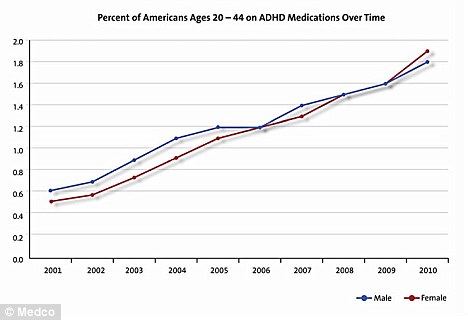Jose Fly
New member
The Public Religion Research Institute recently released a new study on the rapid rise of "nones" (people who claim no religion) in the US. Some of their findings...
First, "nones" have risen so rapidly they are now the single largest religious category in the US.

This is amazing, given how just a few decades ago they were barely 5% of the population. If that's surprising, just wait! Among adults aged 18-29, 39% are nones.

And where are these nones coming from? They are mostly former Catholics and white Protestants.

Just who are the nones?

Nice to see my group, apatheists, getting notice!
A couple of other interesting tidbits from the report include, 1) people are leaving their religion mostly because they just stopped believing it, and 2) these nones are far more likely to remain nones than previous generations (interestingly, almost 1/3 say they left because of their religion's treatment of LGBTQ).
First, "nones" have risen so rapidly they are now the single largest religious category in the US.

This is amazing, given how just a few decades ago they were barely 5% of the population. If that's surprising, just wait! Among adults aged 18-29, 39% are nones.

And where are these nones coming from? They are mostly former Catholics and white Protestants.

Just who are the nones?

Nice to see my group, apatheists, getting notice!
A couple of other interesting tidbits from the report include, 1) people are leaving their religion mostly because they just stopped believing it, and 2) these nones are far more likely to remain nones than previous generations (interestingly, almost 1/3 say they left because of their religion's treatment of LGBTQ).

